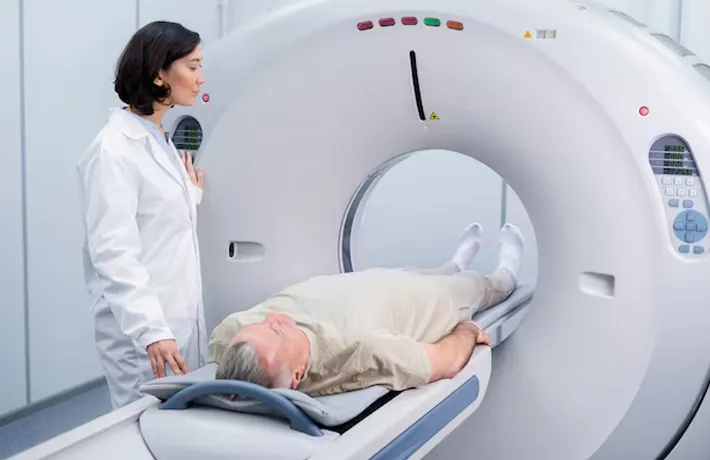Overview
Understanding lung cancer is key to early detection, effective treatment, and better quality of life. Here’s an in-depth look at its various aspects:
Symptoms
Lung cancer may frequently begin without symptoms, yet there are indicators to be alert for:
Chronic Cough & Alterations in Cough
A cough that endures or varies in character, including the expulsion of blood.Chest Pain & Discomfort
Ongoing chest pain or discomfort that might intensify with deep breaths or coughing.Shortness of Breath
Increasing challenges in breathing or a sense of breathlessness during activities that were previously easy.Unexplained Weight Loss & Tiredness
A rapid decrease in weight or ongoing fatigue with no clear reason along with reduced appetite.Hoarseness and Wheezing
Alterations in voice quality or the emergence of wheezing could indicate potential underlying problems.Recurring Infections
Regular episodes of pneumonia or bronchitis may signal a warning sign. Prompt detection of these symptoms can lead to quick medical assessment, greatly enhancing results.


Diagnosis
Precise identification of lung cancer (Small and Non-Small Cell Lung Carcinoma) requires a comprehensive strategy:













